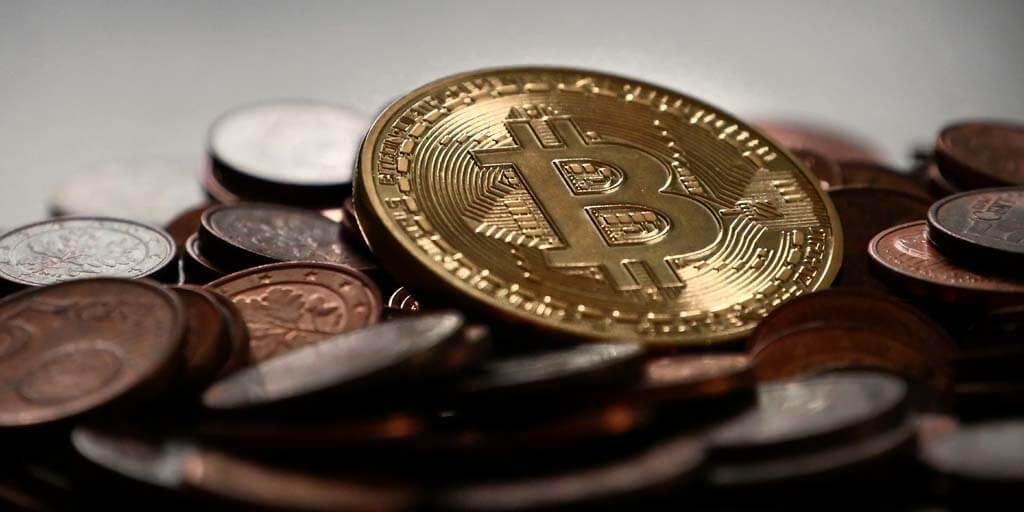KYC at Crypto Gates: Is the Bitcoin Anonymity a Myth?!

After reading dozens of blog articles and watching many videos on YouTube glorifying cryptocurrencies, you are now convinced that anonymity is one of the basics these digital currencies offer due to their virtual nature. However, all of these beliefs will be shattered when you register for any online cryptocurrency exchanges! They will ask you to verify your identity as a first step before activating your account! At first, sometimes, you may be allowed to create an account without confirming it with your personal documents, but you will have to do this step before proceeding with the first withdrawal. In general, the more you complete the KYC process, the more flexible you will be able to buy and withdraw cryptocurrencies.
The KYC protocol is implemented in all organizations, facilities and companies dealing with users’ financial and personal data, including banks, insurance companies, blackjack casino and wealth management firms. The objective of this requirement is to prevent money laundering, terrorist financing, combat tax evasion and government bribery activities. Despite the lofty goals of implementing this protocol, it destroys the idea of identity protection that has been promoted by hundreds of blogs and influencers on the Internet since the first appearance of Bitcoin in 2008 until now!
There are a lot of perks that may motivate you to use cryptocurrencies, as the skyrocketing rise that these currencies witnessed during the years 2020 and 2021 prompted many companies, businessmen and individuals to invest in decentralized currencies. In addition, zero or negligible fees are very suitable for companies that usually transfer a large portion of their liquidity or make frequent bulk payments from one country to another. Furthermore, these virtual currencies protect the savings of individuals from surged inflation rates, unlike fiat currencies, which are now swell to a 40-year high.
In this article, we will learn about the KYC procedures applied by cryptocurrency trading portals and decentralized wallets.
What is the Know Your Customer Protocol?
As we mentioned earlier, the KYC protocol is a mandatory process applied to verify the customer’s real name, address, job and date of birth. Sometimes further data may be requested, but these are the main details that should be provided. When performing the KYC process, no purported data is accepted from the customer as valid government documents must confirm it. Therefore, the firm will ask the customer for a valid ID or passport.
You may be able to create an account without going through the KYC process, but your account will be limited until your identity is verified. What are these limits? It varies from one exchange to another but there may be transaction limits on your account, withdrawal limits, or even a time limit.
How is the KYC Protocol implemented?
Each crypto exchange implements the Know Your Customer (KYC) protocol slightly differently depending on the legal compliance requirements in the jurisdiction they are operating from, but the following information is essential and is required at all cryptocurrency exchanges without exception:
- Date of Birth
- National number / social protection number
- Residential address
In addition, cryptocurrency exchanges also require a valid photo identification issued by the country’s government of which you are a citizen, the ID verification document that can be a driver’s license, national ID card or passport. Sometimes users are required to confirm their address by submitting a home utility bill that is no more than three months old. Also, some crypto portals or decentralized wallets may require additional verification; as they may require you to send a photo of yourself holding a paper of the one-time passcode provided by the platform.
Are there platforms that do not implement the KYC protocol?
Some platforms allow their customers to buy crypto without going through the “know your customer” process, but the matter is riskier! If the platform does not comply with KYC regulations, this means that it does not comply with any legal requirements to protect customers and society from money laundering, terrorist financing, fraud and tax evasion.
However, there are two main types of crypto exchanges that do not accept identity verification procedures, namely decentralized exchange platforms and automated market makers.
- Decentralized Exchange Platforms. These platforms neither buy nor sell cryptocurrencies, but they are person-to-person bitcoin trading sites connecting buyers with sellers. In other words, they are peer-to-peer markets. Often these platforms do not require users to verify their identities, but the other users (sellers/buyers) will be aware that you have not yet fulfilled the customer verification procedure, and therefore they may choose someone else. At the moment, the most popular decentralized exchange platform is LocalBitcoins.com .
Although these platforms can implement fraud prevention measures, they do not apply them if the customer does not want to do them, but you will be aware that the user applied them or not before engaging them in a transaction.
- Automated market makers (AMMs) platforms – AMMs allow you to trade cryptocurrencies in pairs with other users. For example, you buy bitcoin with Ethereum or buy tether with Litecoin. Buying and selling prices are updated daily and determined by the smart contract system.
AMM platforms do not require their users to go through a KYC process but note that investing in these platforms is a long-term investment and should be made with cryptocurrencies rather than cash. Therefore, users will have to buy cryptocurrencies from one of the central exchanges first and then transfer the purchased amount to their wallets and from there to one of the AMM platforms.
In some Latin American countries, there are ATMs where users can buy digital currencies with fiat money and transfer the paid amount to their digital wallets instantly. Although crypto ATM fees are high, it gives users the advantage of buying with cash, but so far, it has not achieved global reach!
Conclusion
To sum up, after all, is said and done, anonymity in cryptocurrencies is a big hoax! Although this may destroy the strongest beliefs associated with decentralization, this is the truth. There are many cryptocurrency exchanges that condone this procedure, but it protects users from being scammed, among its other benefits.



:quality(85)/cloudfront-us-east-1.images.arcpublishing.com/infobae/O7LBHPJG55N2I367YYQHU5U3MA.jpg)
